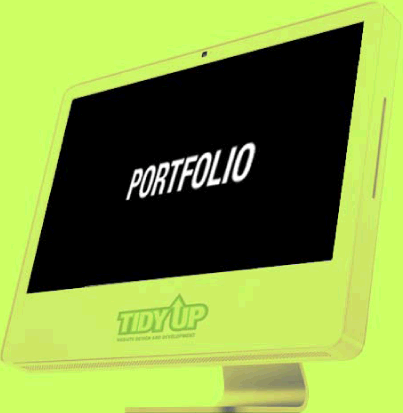Founder, Catherine's Career Corner. The career site empowering and inspiring ambitious candidates of all ages and professions to thrive and work smarter on their careers. Gladly helping all career-minded people worldwide to explore their career, manage change and understand how new technologies are changing and enhancing the future of work.
